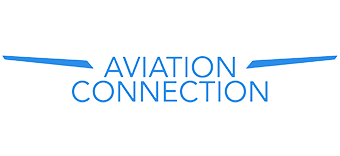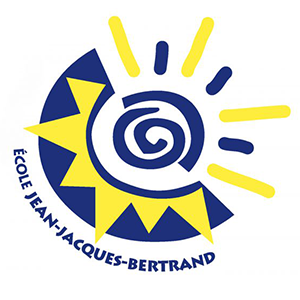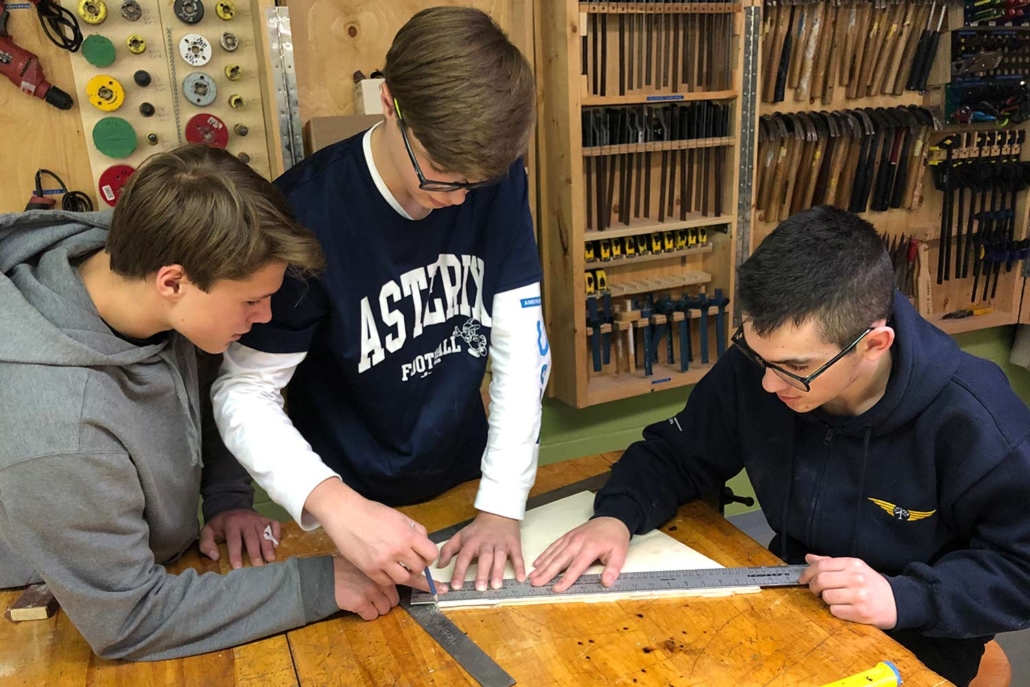JEAN-JACQUES BERTRAND SCHOOL
Students from secondary 1 to 5 at Jean-Jacques Bertrand school in Farnham will have access to the Aeronautics Training Program offered free of charge as an extracurricular from September 2018.
The aeronautics training program at Jean-Jacques Bertrand high school is made possible thanks to the involvement of the city of Farnham and 2 partners who will be announced soon.
JEAN-JACQUES BERTRAND SCHOOL CELEBRATES ITS 50 YEARS!
It opened its doors to the first students in September 1969. Since then, the high school has made its mark in several academic areas: performance in Ministry exams, performance in sports, performance in harmony, performance of teams of budding geniuses, art winners for the various Caisses Populaires competitions, oral and written expression winners for the Optimist Club competitions. The school has stood out thanks to the involvement, dedication and competence of its staff who have communicated to students the desire to always do their best to achieve excellence.
INTRODUCTION TO SCIENCE, TECHNOLOGY AND THE UNIVERSE OF AEROSPACE
Mr. Brault, Principal of Jean-Jacques Bertrand School, is happy to provide his students with a program that is a fascinating introduction to science, technology and the world of aerospace.
Mr. Brault is convinced that this program will be very popular.
Teachers will benefit from access to an AERO LAB which helps stimulate students in learning more complex subjects: science, technology and mathematics. The program is based on learning the main aerodynamic principles developed in engineering. The PFA program offers secondary 1 to 5 students a series of 5 courses over a period of 3 years.
The curriculum exploits the effectiveness of didactic computing and computer simulations: graphic design, then aero-design, as well as virtual piloting. Students learn through an experience-based approach: they train with simulators and participate in the design of unmanned aircraft.
Students fly a virtual aircraft to study scientific concepts such as energy and forces acting on an aircraft and provide an introduction to variables such as aircraft performance and handling.
Simulation stations:
5-8 simulators (1 station for 2 students). The number varies according to demand.
JJB students have started building a Remote Control cargo plane for the next competition.
In January 2020, 90 students are starting the Artificial Intelligence and drones course.


